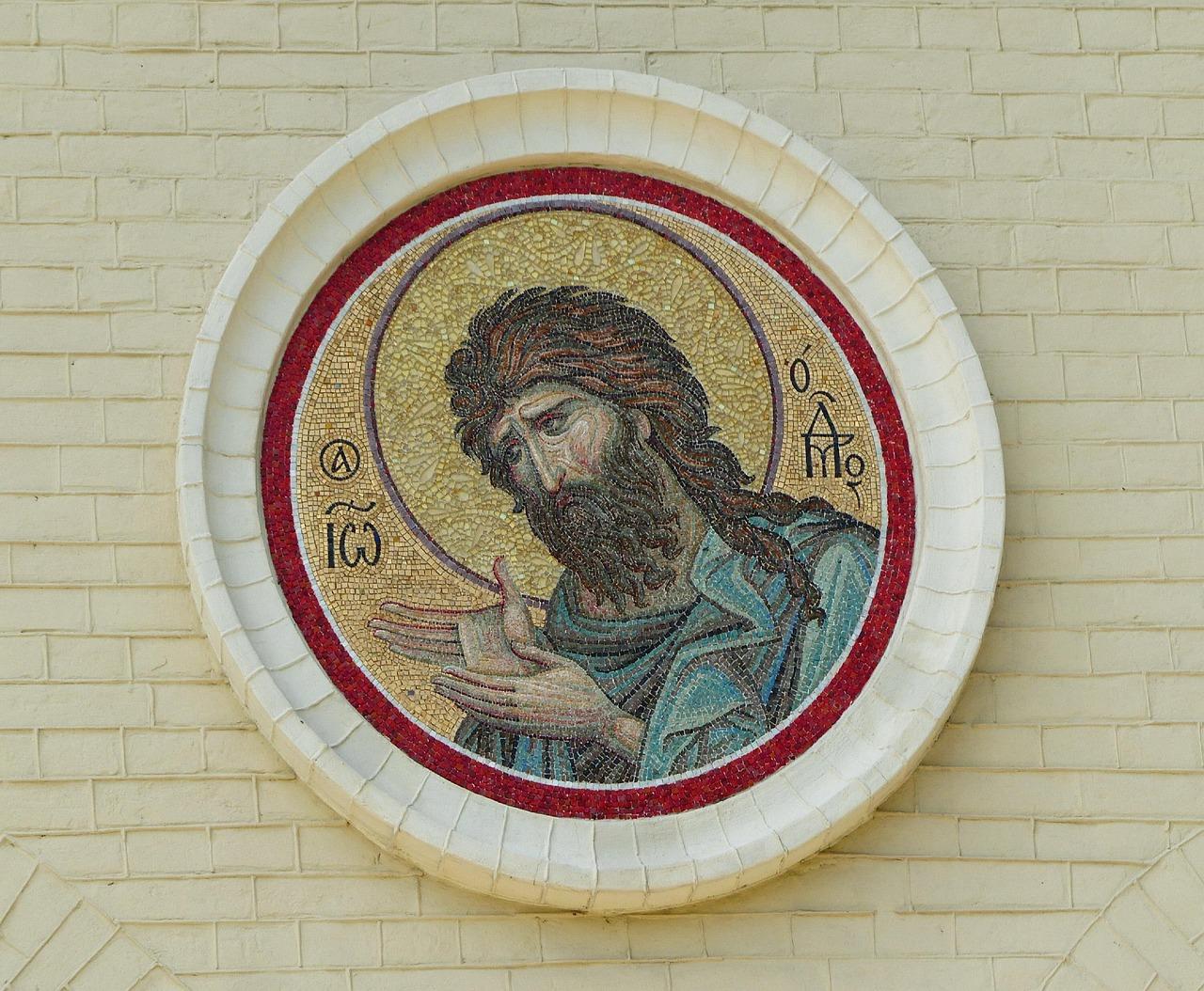In the spiritual life, the emphasis is always on prayer as a vital and personal relationship with God the Father through his Son, Jesus Christ, and in the power of the Holy Spirit. This emphasis on relationship with the Holy Trinity is very much needed today, since in many people’s minds prayer has simply become a series of petitions where we ask God for something (or even demand it).
As we dissect exactly what prayer is and realize anew the communal identity of prayer, it is also important that we simultaneously highlight the efficaciousness of prayer, namely, its power to accomplish things.
Without running into the risk of appearing to speak from both sides of her mouth, when the Church speaks about the efficaciousness of prayer, she is not backsliding into prayer as some type of jumbo wish list.
In order for us to understand the power of prayer and its capacity to bring things about, we need to understand the great reality and mystery of God’s providence. In the Christian tradition, God’s providence is his fatherly care for us. It is the belief that God orders, designs, and so orchestrates things that everything we experience – the good and the bad – are structured in such a way as to help us work out our salvation in Jesus Christ and to be a means for others to work out their salvation in him.
Admittedly, God’s providence has not been taught or modeled in a robust fashion in more recent times. Sadly, even within the Church, we have succumbed (to some degree) in the false belief that we are doing things by our own power, we can arrange the movements of our own salvation, and human effort and a “belief in ourselves” is enough to make things happen. In such a worldview, there’s no place for divine providence.
While we are certainly active agents in our own lives, such a power lacks meaning or purpose without an understanding of divine providence.
Such an observation can be disillusioning, but it doesn’t have to be. It can be an invitation to place out best efforts back within the worldview of God’s providence.
By having a providential worldview, we recognize the efficaciousness of prayer, which is playing our part, doing our duty, cooperating with grace, and being an active agent in God’s great drama of human existence.
The Catechism of the Catholic Church explains: “The revelation of prayer in the economy of salvation teaches us that faith rests on God’s action in history. Our filial trust is enkindled by his supreme act: the Passion and Resurrection of his Son. Christian prayer is cooperation with his providence, his plan of love for men.”
Such a providential worldview is not easy to accept or live. It requires an ever-deepening faith and trust in God. Such an on-going conversion is given through prayer. In our union with God, we recognize his presence and see more clearly his loving care for us and others. It is this insight into divine providence – given to us through prayer – that transforms us and fills us with a profound faith and trust in God. Such a faith can even – at times – surprise even ourselves.
This is the efficaciousness of prayer. It is seeing and actively cooperating with God’s care for the human family. It is placing our prayer within the context of his providence and witnessing the power of our prayer to play its part in his plan that we see how powerful and supernatural our prayer truly is.
As a guide, the Catechism points us to Saint Paul: “For St. Paul, this trust is bold, founded on the prayer of the Spirit in us and on the faithful love of the Father who has given us his only Son. Transformation of the praying heart is the first response to our petition.”
By turning to divine providence, we experience a transformation of our heart that lets us see God’s presence and love. By undergoing such a transformation, we can witness God’s providence even more and actively participate in it.
The spiritual life needs a strong sense of divine providence to grow and thrive. Our world today needs to be reminded of God’s providence, and the Church is especially called today – and in every age – to be the credible and vocal witness of God’s providence in the human family.
For spiritual help and resources on prayer, visit Daily Discipleship with Father Kirby.













